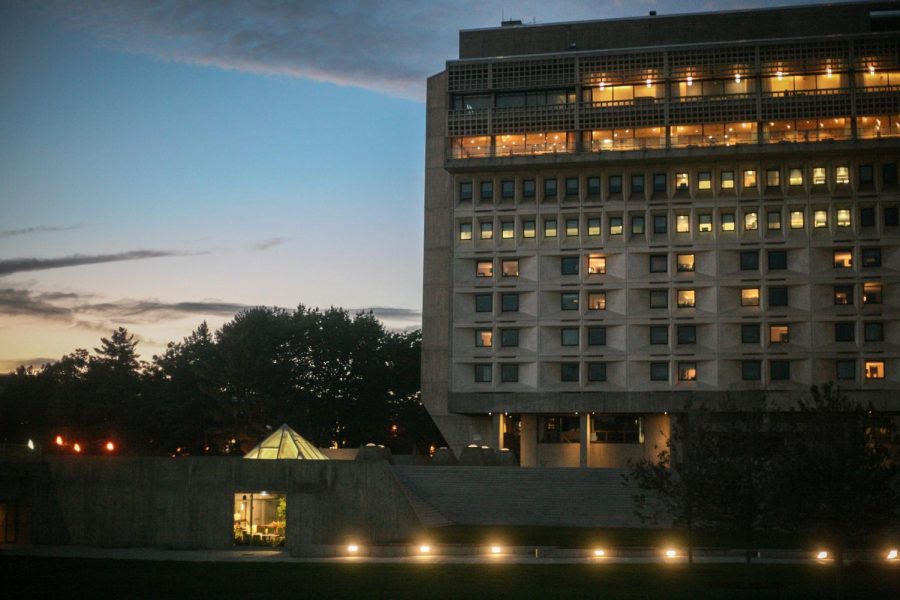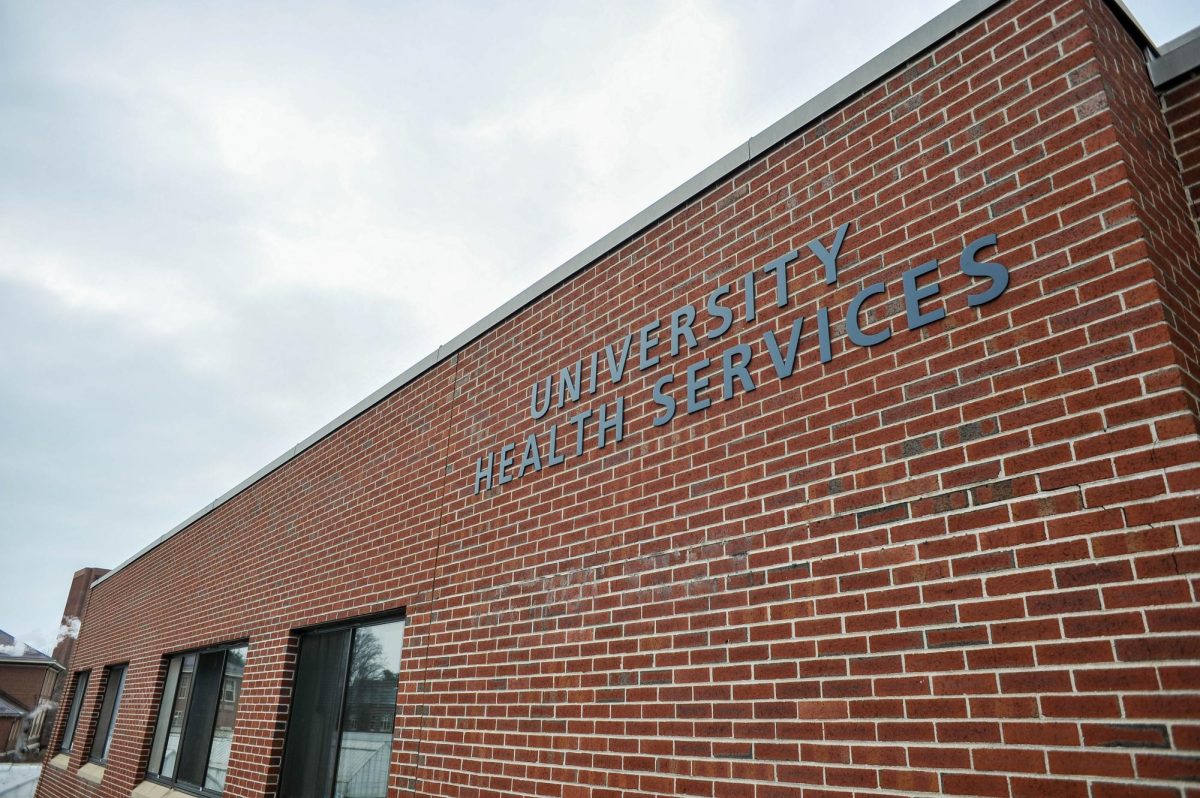To the editor:
Student debt continues to be one of the most pressing issues facing students today. For the class of 2017, the average University of Massachusetts student graduated with $31,860 in debt. Its effects are tremendous. The high cost of a college education accounts for the main reason why students decide to drop out. Tragically, students with higher levels of debt tend to have poorer mental health. The consequences of student debt on the Massachusetts economy are harrowing. Among current borrowers, Massachusetts residents are expected to experience over $100 billion in wealth loss because of the weight debt puts on students’ economic decisions after graduation.
How did we end up in this situation of financial distress? As a public university, UMass can place this blame on the state legislature based on a proven relationship: funding decreases from the state is associated with tuition increases at public universities. In fact, since 2001 appropriations of public higher education funding per student has fallen by nearly a third. Consequently, in-state tuition has increased by $5,400 across the UMass campuses.
What can be done to reverse this trend? Currently there are two significant pieces of legislation that are being debated in the Massachusetts State House. One is the CHERISH Act introduced by Senator Joanne M. Comerford. The CHERISH Act establishes a baseline for public higher education funding at 2001 levels. Though there is no direct funding mechanism for the bill, the state intends to find the needed revenue — over $500 million — between fiscal year 2020 and fiscal year 2024. During that period, it is expected there will be a statewide tuition freeze. Meanwhile, Senator Jamie Eldridge introduced a debt-free higher education bill. The bill eliminates tuition and fees for Massachusetts residents. Also, the bill allows students to keep any scholarships or aid they receive to reduce the burden of other costs placed on students such as meal plans, housing and transportation.
Luckily for students at UMass, the energy behind these bills is located on this campus. The Center for Education Policy and Advocacy (CEPA) and the campus chapter of the Public Higher Education Network of Massachusetts (PHENOM) are mobilizing a campaign for a debt-free future. Together, in broader coalition with the Massachusetts Teachers Association (MTA) and the Massachusetts Education Justice Alliance (MEJA), students are pushing to place debt-free higher education at the forefront of the state’s political agenda. Throughout this semester, CEPA and PHENOM will be lobbying legislators, engaging with power players, providing testimony and conducting critical research to support the campaign. In March, students, faculty and community members will assemble at the State House to exclaim to the legislature that now is the time to fund our future.
There is no better time than today to be part of this campaign. CEPA and PHENOM meet every Tuesday from 6:30 to 8:30 p.m. in Bartlett Hall, Room 207.
Jon Blum
UMass CEPA Debt Free Future Campaign




















NITZAKHON • Feb 13, 2019 at 11:53 am
Get rid of the diversity offices…